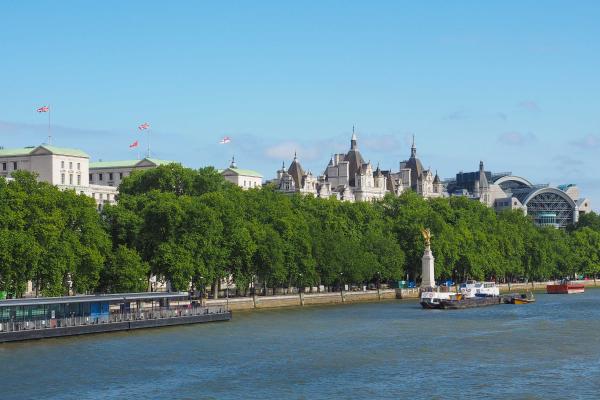Lord Harris of Haringey writes:
Martyn Hett was one of the 22 people who were murdered in the 2017 Manchester Arena bombing. He had gone for a night out and never came home.
Martyn’s mother, Figen Murray, is now campaigning for concert venues, theatres and other places where large numbers visit to have more stringent security checks. She tells of her shock on visiting a theatre a year later to see bags going unchecked and says: “It felt as if what happened in Manchester on that fateful night had been forgotten.”
Along with Survivors Against Terror, Ms Murray is pressing for what has come to be called ‘Martyn’s Law’. This would require public venues to assess the risk of a terrorist attack and to have put in place appropriate measures to protect people.
Concert halls, theatres and other venues must – by law – take fire precautions, as well as meeting other regulatory requirements. It seems extraordinary, therefore, that there is currently no requirement on them to take advice on reducing the risk of a terrorist attack and take sensible precautions. In some instances, bag checks may be enough. In others, hand-held metal detectors or knife arches may be more appropriate. Similar rules should also apply to sports stadiums, large shops and shopping malls.
I looked at this three years ago when Mayor Sadiq Khan asked me to report on London’s Preparedness to Respond to a Major Terrorist Incident. One of my recommendations was that, as a condition of licensing, venues should have to be reviewed by a Police Counter Terrorism Security Advisor and to have taken the necessary action as a result of that review. So far, the government has refused to agree to this.
Also concerning was how few schools and educational establishments had thought about their response, should they ever come under attack. They all had fire-evacuation procedures but in the event of an attack they would also need lock-down plans and be prepared to ‘invacuate’ (rather than evacuate).
Similarly, most places of worship seemed to operate on the basis that an attack would not happen to them. But they too need to plan and take sensible precautions, having been the subject of attacks in Europe and elsewhere.
So what does Martyn’s Law involve? It would require all local authorities specifically to plan for a terrorist incident. It would say that all spaces and places to which the public have access must take up counter-terrorism advice and training, should conduct a vulnerability assessment, and put in place appropriate and proportionate mitigation plans to address the risks identified. The aim should be that all venues should have their own PROTECT plans and in the event of an incident be geared up to guide and shelter those who visit.
Last week, I introduced into the House of Lords a Private Members’ Bill – The Duty to Plan for Terrorism (Consultation) Bill. This is intended to be a first step towards the implementation of Martyn’s Law. It would require the Home Office to consult widely on the practicability and desirability of such legislation before reporting back to Parliament within six months on the results of the consultation and on their plans to take it forward.
My Bill is very unlikely to become law given the current Parliamentary situation but the hope is that it will galvanise the Home Office to carry out the consultation anyway and to include amongst those consulted entertainment and sporting venues, large businesses and shopping areas, as well as places of education and of worship.
Nowadays, it is taken as a given that the places we visit abide by health and safety regulations and will take adequate fire precautions. It is surely not unreasonable to expect them also to take appropriate protection measures against terrorist violence. And it would be a fitting memorial to Martyn Hett and the others who died in the Arena bombing if the Home Office was now prepared to legislate accordingly.
For further reading, please visit our Knowledge Hub.



